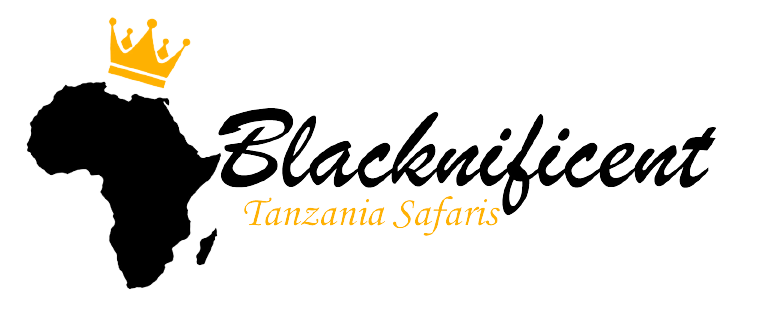7 Days wildebeest Migration calving safari
The Great Wildebeest Migration is one of the most incredible natural wonders in the world, attracting visitors from all over the globe to witness the annual movement of over 1.5 million wildebeest and other migratory animals such as zebras, gazelles and elands as they make their way across the vast plains of East Africa in search of greener pastures. During the calving season, which takes place between January and March, the wildebeest give birth to their young in the southern Serengeti in Tanzania, attracting predators such as lions, cheetahs and hyenas who hunt the vulnerable newborns. A seven-day safari during this time offers a unique opportunity to witness the beauty and brutality of nature up close.
Day 1: Arrival in Arusha Upon arrival at Kilimanjaro International Airport, you will be met by your guide who will transfer you to your hotel in Arusha. After checking in and settling in, you will have time to relax and prepare for your safari. In the evening, your guide will meet you to brief you about the upcoming safari.
Day 2: Arusha to Lake Ndutu After breakfast, you will depart from Arusha and head to Lake Ndutu in the southern Serengeti. The drive takes approximately 5-6 hours, with the last stretch being on bumpy dirt roads. You will arrive in time for lunch and spend the afternoon exploring the area, which is known for its large herds of wildebeest and zebras. In the evening, you will return to your camp for dinner and overnight stay.
Day 3: Lake Ndutu Today, you will spend the day exploring the area around Lake Ndutu, where the wildebeest are giving birth to their young. You will have the opportunity to witness the incredible sight of newborn wildebeest taking their first steps and trying to stand up on wobbly legs. You may also encounter predators such as lions, cheetahs and hyenas who are on the hunt for their next meal. In the evening, you will return to your camp for dinner and overnight stay.
Day 4: Lake Ndutu to Seronera After breakfast, you will depart from Lake Ndutu and head to Seronera in the central Serengeti, where you will spend the next two nights. Along the way, you will have the opportunity to see more wildlife, including elephants, giraffes and buffalo. You will arrive in Seronera in time for lunch and spend the afternoon exploring the area, which is known for its large populations of lions and leopards. In the evening, you will return to your camp for dinner and overnight stay.
Day 5: Seronera Today, you will spend the day exploring the central Serengeti, which is home to some of the largest populations of wildlife in Africa. You will have the opportunity to see predators such as lions, cheetahs and leopards, as well as herbivores such as elephants, giraffes and buffalo. In the evening, you will return to your camp for dinner and overnight stay.
Day 6: Seronera to Ngorongoro Crater After breakfast, you will depart from Seronera and head to the Ngorongoro Crater, which is one of the most unique and beautiful places in Africa. The drive takes approximately 3-4 hours, and you will arrive in time for lunch. In the afternoon, you will descend into the crater, which is home to over 25,000 large animals, including lions, elephants, rhinos, buffalos and hippos.
INCLUSIONS
Activities/services included in the cost:
- Accommodation as per the itinerary
Lodges on Full Board - Road transportation in 4wd land Cruiser safari vehicle
Game drives as per the itinerary - Park entrance fees and crater service fees
- English Speaking guides available for the safari
- Accommodation as per the itinerary
Activities/services excluded in the cost:
- Visit to Masai Cultural Village
- All International Flights/local Flights + Taxes
- Visa fees, Travel & Personal accident insurance
- Excursions, services and activities not mentioned in this program
- Personal expenses e.g. laundry, telephone calls, Drinks, Tips and gratuities
Passenger Information
- Passengers should bring only duffle bags safaris{not suitcases}
- All the passengers must have Identification Card/Passport with them for internal flights.
- Baggage on domestic flights is strictly limited to 15kgs per person (including hand luggage). Any excess baggage will be charged by the airline at check-in.
- Passengers arriving to Tanzania may be asked to present a valid Yellow Fever Vaccination Certificate
- Tourist Visa will be obtained at the entry points, but it is advisable to double check before travelling to Tanzania.

